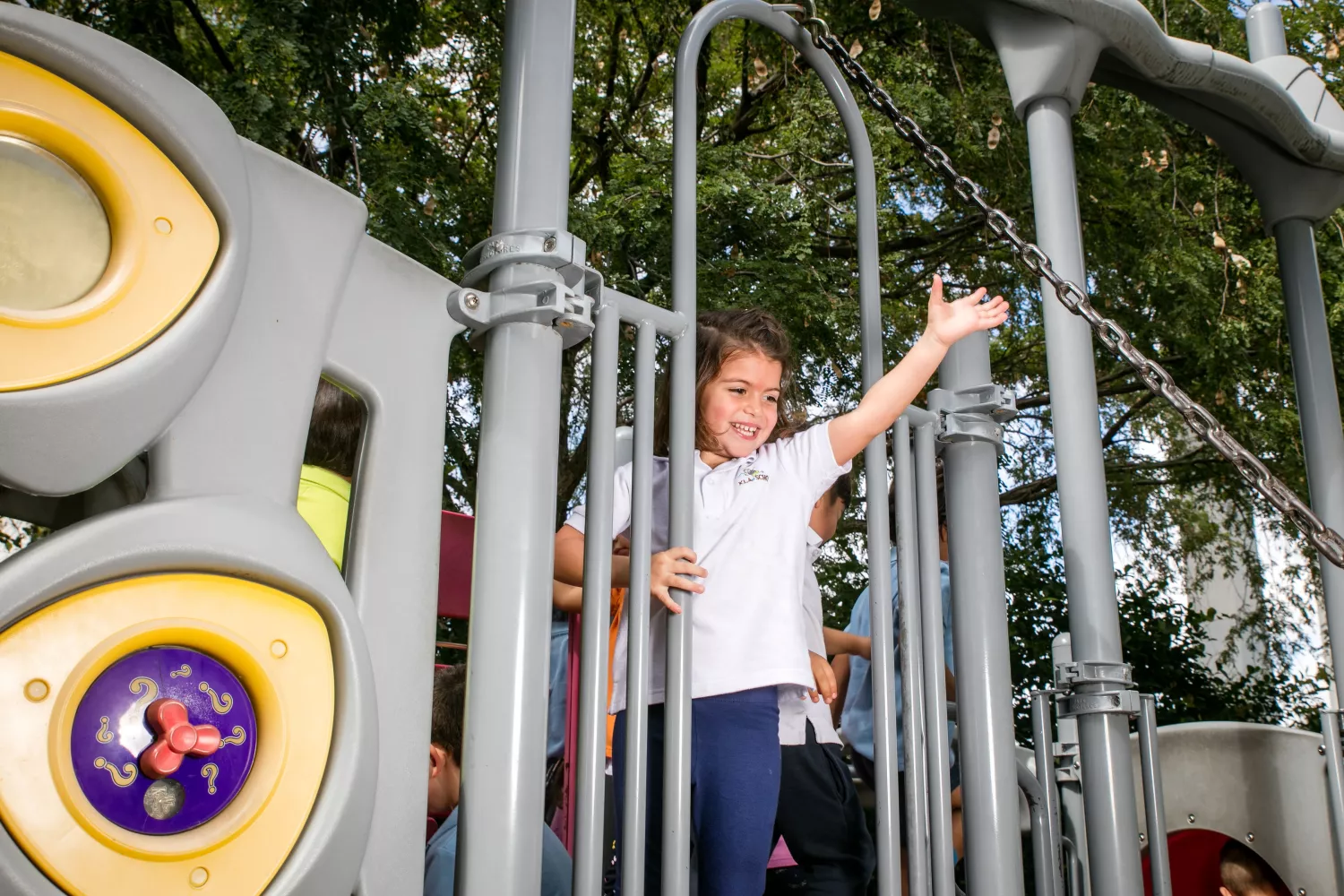Teaching Your Preschooler Problem-Solving
Topics: Reggio at Home
Age Range: Preschool
Preschoolers are constantly learning new things and gaining new experiences in the world around them. It’s an ideal time of a child’s life to help them learn how to solve problems and feel secure in doing so. Good problem-solving skills will last them a lifetime, and can help them resolve conflicts, perform well in school and work, and become confident adults.
Here are five ways you can help teach your preschooler how to problem-solve.
1) Use creative play to teach problem-solving
Children learn through play, and it’s an ideal way to help them learn how to solve problems and resolve issues. Creative play is fun and imaginative, and the consequences of making a wrong choice are minor. Together, you and your preschooler for 3-year-olds can put together a jigsaw puzzle, build a car out of differently-sized blocks, play hide-and-seek, or do an obstacle course in the backyard.
2) Read books that feature problem-solving
There are many books that feature characters in sticky situations that they need to figure a way out of, or characters who have a goal in mind and work to get there. Some examples are What Do You Do With a Problem? by Kobi Yamada, The Angry Dragon by Michael Gordon, and The Day the Crayons Quit by Drew Daywalt. When reading a book like this, ask your child questions about what they think will happen next, or what they would do.
3) Model curiosity and open-mindedness
You likely know how often your preschooler observes and maybe even imitates what you say and do. You can use this as an opportunity to model problem-solving skills. For example, if you’re at the grocery store with your preschooler and you find that a key ingredient in that day’s dinner is out of stock, you can say to your child, “They’re out of broccoli, but I think I’ll use cauliflower instead. It’s not exactly the same, but we’ll try it and see how it is! What do you think?” In addition, let your child see you being open-minded about solutions to problems, even if you disagree.
4) Allow some failure
As a parent, it can be hard to resist doing something for your child if you know helping them will just take a second. However, if a child doesn’t fail at a task from time to time, they won’t learn what it takes to succeed at it. If the failure is harmless and minor, such as a child trying to make their own sandwich and not enjoying the result, let it happen – this way, your child will be better equipped to make adjustments for next time.
5) Be patient and encouraging
Learning how to solve a certain problem can sometimes feel frustrating to your preschooler. However, remain patient and encourage them to try again another time, and remind them that you’re proud of them for trying. With your support, your child will learn that they have the ability to face their problems and find solutions.
Taking risks and solving problems is an important life skill that your preschooler can begin learning with your support. By using creative play, modeling open-mindedness, allowing experimentation to fail sometimes, and remaining encouraging, you can help your child develop a strong foundation.

